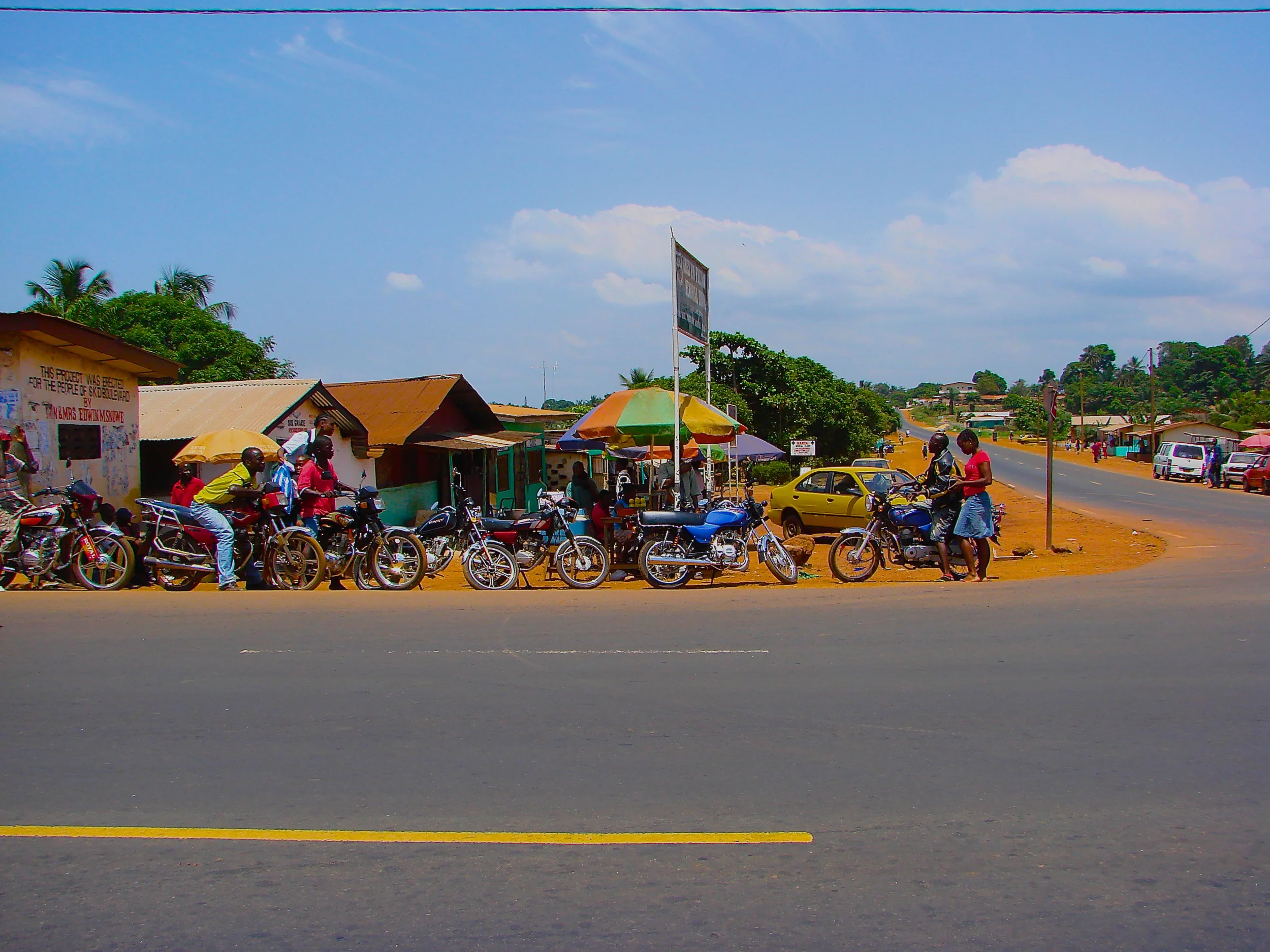One Year Later, The Resistance Looks Ahead
/by Leah Greenberg, Co-Executive Director, Indivisible
After the 2016 election, my husband Ezra and I gathered a group of friends in our living room and asked: what do we do now?
At the time, we were focused on the making it through the first days of the Trump administration. We knew Trump’s worst threats could pose imminent danger on vulnerable communities. We weren’t imagining grand new possibilities for our democracy. We were thinking in days, not years.
We’d worked on Capitol Hill in the early Obama years, and watched in horror as the Tea Party movement rose across the country and reshaped what was politically possible. We disagreed with their ideology and their resorts to violent intimidation, but we thought they had a core strategic insight: local, defensive congressional advocacy worked. And at the end of the day, the success of President Trump’s agenda wouldn’t depend on Trump. It would depend on whether members of Congress chose to go along with it or not.
So we drafted a guide to local congressional advocacy, in which we demystified congress and gave people the practical information they needed to resist effectively, taking control of their home turf. We thought we were writing a casual reference book for our friends to share with their families. We were stunned when the document, the Indivisible Guide, went viral across the country and burgeoned into the Indivisible Movement championed by thousands of local chapters throughout the country.
What we didn’t understand when we wrote the guide was the power of building volunteer communities dedicated to action. Building progressive constituent power in every community in the country, these local Indivisible chapters became the “wild card” in the resistance against the Muslim travel ban, defunding of Planned Parenthood, DACA repeal, Affordable Care Act repeal and the latest tax scam. Through local rallies, town halls and protests infused with passion and creativity, they reshaped the national conversation by playing defense and fighting on issue advocacy in 435 districts. They demonstrated the extraordinary potential of constituent power in American democracy.
As we come up on the one year anniversary of the Resistance movement and of Indivisible, we have an opportunity to look around at the amazing, dedicated new leaders who have emerged across the country and the organizations they have created.
In Virginia, Indivisible 757 showed up at their Republican congressman’s town halls in force. Then they supported their founder as she put her name on the ballot for state delegate, in a district where Democrats hadn’t even fielded a candidate in years. In Illinois, Indivisible Chicago created a system of phone banks to help alert progressives in red states to take action on health care. They also got engaged in fighting the deeply problematic Interstate Cross-Check voting program, and uncovered game-changing evidence about its security flaws that made national headlines. In California, Indivisible Yolo helped stiffen Senator Feinstein’s spine to resist the Trump agenda with calls and town halls, while also mounting a successful campaign to get an unaccompanied child from Honduras out of a local detention center and into a loving foster home.
Over and over, we’ve seen Indivisible groups build structures designed to act as bulwarks for resisting the Trump agenda at the congressional level, and then use those structures as platforms to support change in their communities and beyond. Now, the task for us is twofold – ensuring these structures are going to last, and turning our advocacy power into electoral power.
Indivisible groups saw their electoral strength at play this November with the sweeping progressive victories nationwide. Over 180 active Indivisible groups in Virginia engaged in this election through phone banking, texting, and canvassing for our delegate targets. They helped flip several seats from red to blue and elect progressive candidates who ran for previously uncontested seats or represent a more inclusive pool of candidates, such as Danica Roem as the state’s first openly transgender lawmaker, Elizabeth Guzman and Hala Ayala the first two Latina delegates, and Kathy Tran the first Asian-American woman delegate.
This year’s victories won by constituent power have proved that grassroots organizing works. And the pivot to electoral work has shown that people who organize to show up at town halls will organize to get out the vote – and they’ll win.
Democracy is not a spectator sport. If you want to see real change, you have to stand up, show up, or even run for office – even, and especially, when the odds are stacked against you. The movement is still in the making – and we can only begin to imagine the things we will do.
Leah Greenberg is Co-Executive Director of the Indivisible Project and co-author of Indivisible: A Practical Guide for Resisting the Trump Agenda. She previously served as Policy Director for the Tom Perriello for Governor of Virginia campaign, managed a public-private partnership on human trafficking, served as an Advisor to the State Department’s Quadrennial Diplomacy and Development Review, coordinated interagency engagement for the State Department's Office to Monitor and Combat Trafficking in Persons, and worked on the Hill for Congressman Tom Perriello.










